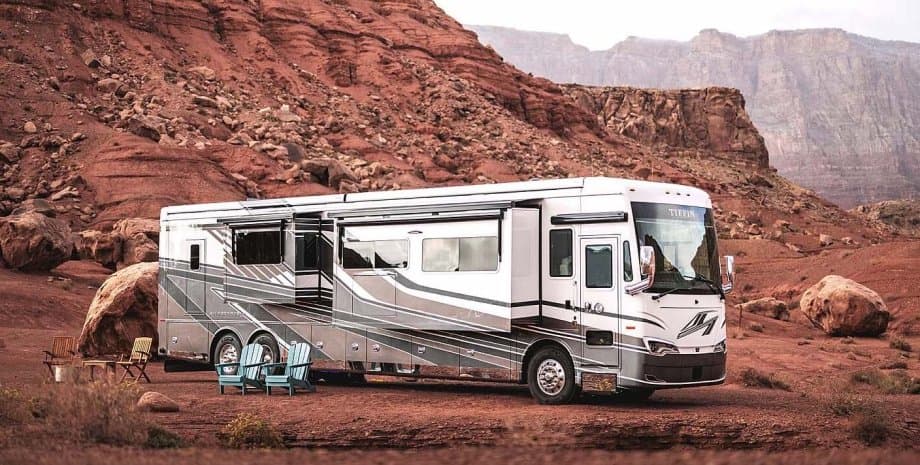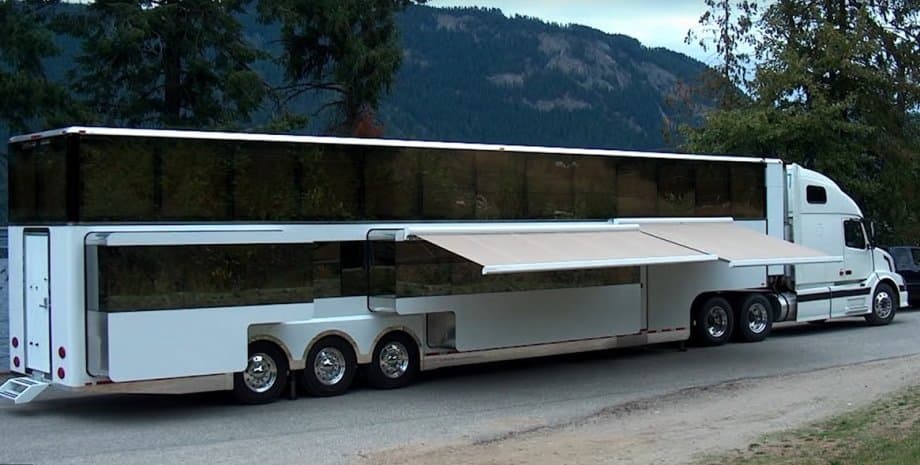
How to Buy and Own a Mobile Home in the USA: Tax Tips and Strategies
In recent decades, many Americans have come to view mobile homes, such as RVs (recreational vehicles) and static caravans, as a more affordable and flexible alternative to traditional RVs. However, purchasing and owning an RV can involve a variety of tax considerations. In this article, we’ll look at some tax tips and strategies for successfully buying and owning an RV in the United States.
1. Plan before you buy
It is important to do some careful planning before purchasing an RV. Determine your budget and consider not only the cost of the home, but also taxes, insurance, maintenance and location costs.
2. Ownership structure
Consider different ownership structure options. You can purchase a mobile home in your own name, jointly with others, or create a legal structure such as an LLC to manage the property. Your choices may impact your tax liability and asset protection.
3. Consider property taxes
In some states, RV owners are subject to property taxes based on the value of the home. Find out about property taxes in your state and how they apply to mobile homes.
4. Tax deductions and benefits
Research possible tax deductions and benefits associated with RV ownership. For example, in some cases you may be able to take deductions for income taxes or property taxes. These deductions can significantly reduce your tax liability.
5. Compliance with local regulations and licenses
Make sure you comply with local laws and regulations regarding the placement and use of your RV. Different cities and states may have different requirements for the location and use of mobile homes.
6. Keep accurate financial records
Maintain thorough financial documentation, including all transactions and expenses associated with your RV. This will help you stay tax compliant and file your tax returns easily.
7. Consult with professionals
It is important to consult with tax advisors and attorneys who specialize in real estate and taxes. These professionals can help you develop the best tax strategies and stay compliant with the laws.
Purchasing and owning an RV in the US can be fun, but it also requires careful consideration of the tax and legal aspects. With the right preparation and advice, you can enjoy the comfort and freedom that motorhomes provide, while complying with all necessary rules and laws.

8. Assess long-term tax consequences
Remember to consider the long-term tax implications when purchasing an RV. For example, if you decide to sell your RV in the future, you may be faced with a tax liability. Plan ahead to minimize these taxes.
9. Consider property improvements
If you purchased a static caravan, be aware that making improvements and upgrades to it may increase its value and reduce your tax liability. Some improvements may even qualify for tax breaks.
10. Plan inheritance and transfer of property
If your plans include passing on your mobile home to descendants or heirs, then it is also worth developing a tax optimization strategy to reduce possible future tax liabilities.
11. Compare state laws
Please note that tax and legal considerations may vary greatly from state to state. Before purchasing an RV in any particular location, compare the tax laws of different states and choose the location that best suits your financial and tax goals.
Purchasing and owning an RV in the USA can be a fun and satisfying experience. However, to avoid unnecessary tax problems and comply with all laws, it is important to carefully review tax tips and strategies before taking this step. Working with tax professionals and lawyers will help you maximize all tax benefits and minimize your tax liability.
12. Compare different types of motorhomes
There are a variety of mobile homes, including RVs, static caravans, houseboats and others. Each may have its own unique tax and legal aspects. Before purchasing, consider the different types and choose the one that best suits your needs and tax goals.
13. Learn business tax structures
If you intend to use your RV for commercial purposes, consider forming a business structure such as an LLC. This can not only help you manage your finances more efficiently, but also provide certain tax benefits.
14. Keep all relevant documents
It is important to maintain detailed and accurate documentation of all financial transactions and tax obligations associated with your RV. This includes receipts, contracts, tax returns and other relevant documents.
15. Stay updated on laws and tax changes
Laws and tax rules may change over time. It is important to remain informed about current tax requirements and tax changes that may affect you as an RV owner.
16. Develop a Tax Planning Plan
Work with your tax advisors to develop a tax planning plan that will help you optimize your financial situation, minimize your tax liability, and achieve your long-term financial goals. In order to better learn about tax and accounting services related to such a serious step, you can contact Real Tax USA.
Purchasing and owning an RV in the US can provide you with independence and flexibility, but successful implementation requires careful consideration of tax considerations and compliance with all relevant laws. Your ability to manage your tax obligations and optimize your financial situation will be a key factor in creating a comfortable RV life.
Conclusion:
Buying and owning an RV in the USA is an exciting adventure that provides freedom, flexibility and comfort. However, it is important to remember that with this freedom and flexibility come tax and legal obligations. In this article, we’ve covered a number of tax tips and strategies to help you manage the tax aspects of purchasing and owning an RV.
Before taking this important step, careful planning, researching your tax obligations, and working with professionals such as tax advisors and lawyers will be of great benefit. When choosing tax strategies, you should consider your individual goals, needs and circumstances.





